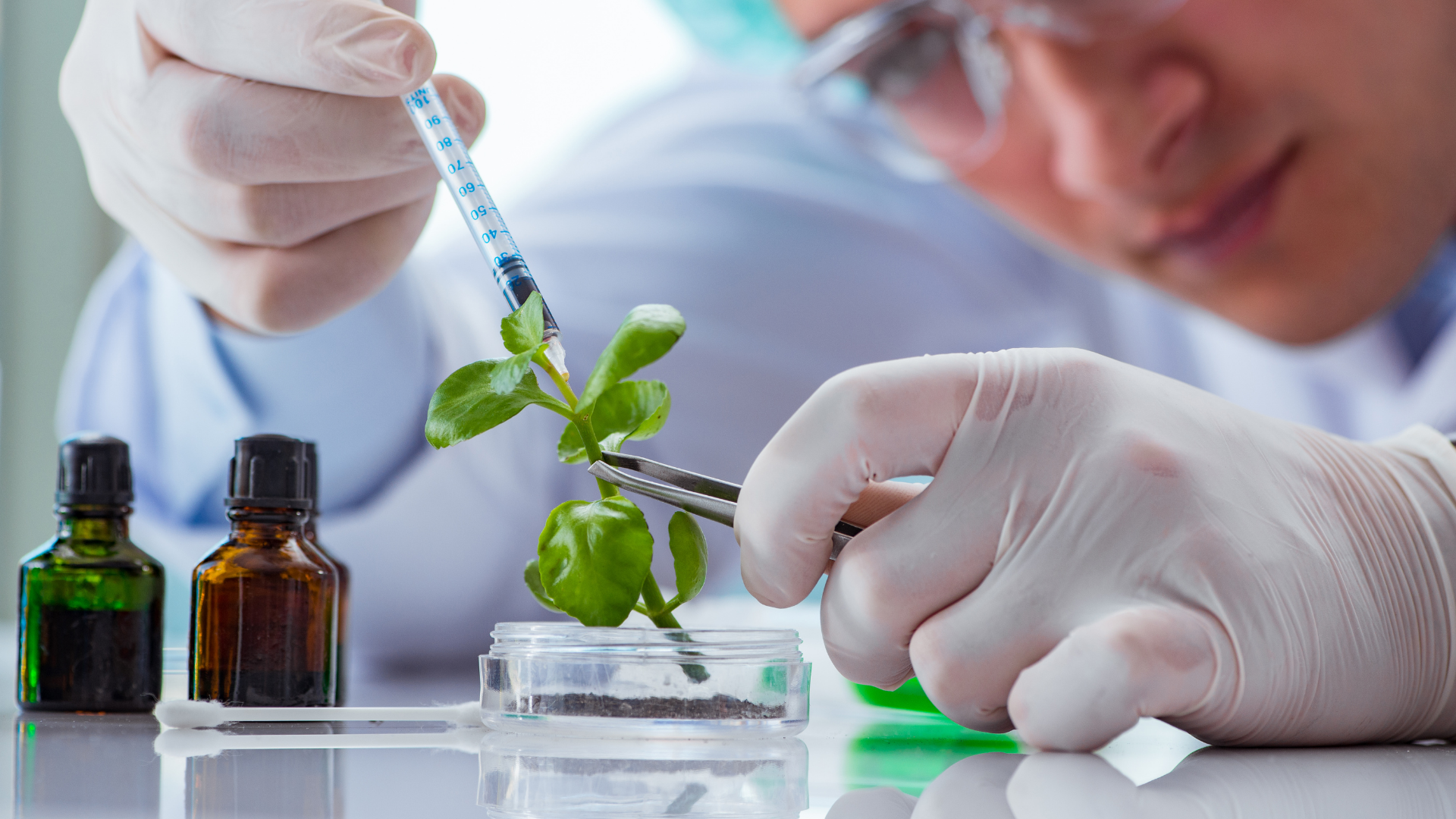AI-Discovered Peptide has Dramatic Impact on Muscle Conditioning

As people age, muscle loss and related issues become a growing concern. However, biotech company Nuritas may have found a new solution: fava bean peptides, isolated using Nuritas’ cutting-edge AI-precision technology. Marketed as PeptiStrong, the intelligent oral ingredient has now successfully undergone two clinical studies in which it performed better than traditional animal proteins to improve muscle conditioning.
Peptides play a critical role in signalling many biological processes in the body, including muscle growth and maintenance. While previous studies have focused on animal-derived peptides, Nuritas believes that plant-derived peptides may offer the most effective solution for muscle health. PeptiStrong is derived from Vicia faba, or fava beans, using precision technology to unlock its potential.
The University of Maastricht conducted the first study with Nuritas’ backing. For the randomised, double-blind clinical trial, 30 healthy young men were recruited and subjected to one week of single-leg immobilisation followed by a two-week recovery period. Participants consumed either 10 g of PeptiStrong or a milk protein control twice daily throughout the study. Leg muscle size, leg muscle strength, and daily muscle protein synthesis rates were assessed pre- and post-immobilization, and after two weeks of recovery.
- MIT Team Create AI-Generated Universal COVID Vaccine
- How AI is Changing the Game for Protein Design
- Biocon’s Biosimilar Difficulties: Successive FDA Rejections Don’t Inspire Hope
The researchers found no differences between the two groups for the loss of muscle size and strength during short-term immobilization or the regain of muscle size and strength during subsequent remobilization. However, PeptiStrong supplementation resulted in significantly higher muscle protein synthesis rates during the remobilization period when compared with milk protein supplementation, highlighting improved muscle conditioning.
In a follow-up study published in the journal Nutrients, a research team led by Andy Franklyn-Miller further highlighted the various benefits of PeptiStrong. It was shown to boost strength recovery and performance after exercise, with volunteers who did not take PeptiStrong losing 54% more strength than those who did 72 hours after intense exercise. It also helped fight fatigue, recover high energy levels, and reduce exercise-induced damage, reflected by a beneficial effect found in a wide range of exercise-induced biomarkers (myokines) associated with muscle health, including reduced myostatin.
Franklyn-Miller commented that “the discovery of peptides that act as enablers to enhance recovery is the beginning of a new dawn” in functional food. Using artificial intelligence to isolate and develop these plant-derived peptides is a significant breakthrough in nutrition and muscle health. The potential implications for individuals suffering from muscle loss due to ageing, injury, or other factors are significant. With continued research and development, these plant-derivedpeptides may become the go-to solution for muscle conditioning and health.
Join Oxford Global’s annual Biologics UK: In-Person event today. This 3-day conference brings together a panel of prominent leaders and scientists, sharing new case studies, innovative data, and exciting industry outlooks.
Get your weekly dose of industry news here and keep up to date with the latest ‘Industry Spotlight’ posts. For other Biologics content, please visit the Biologics Content Portal.
Related Resources







